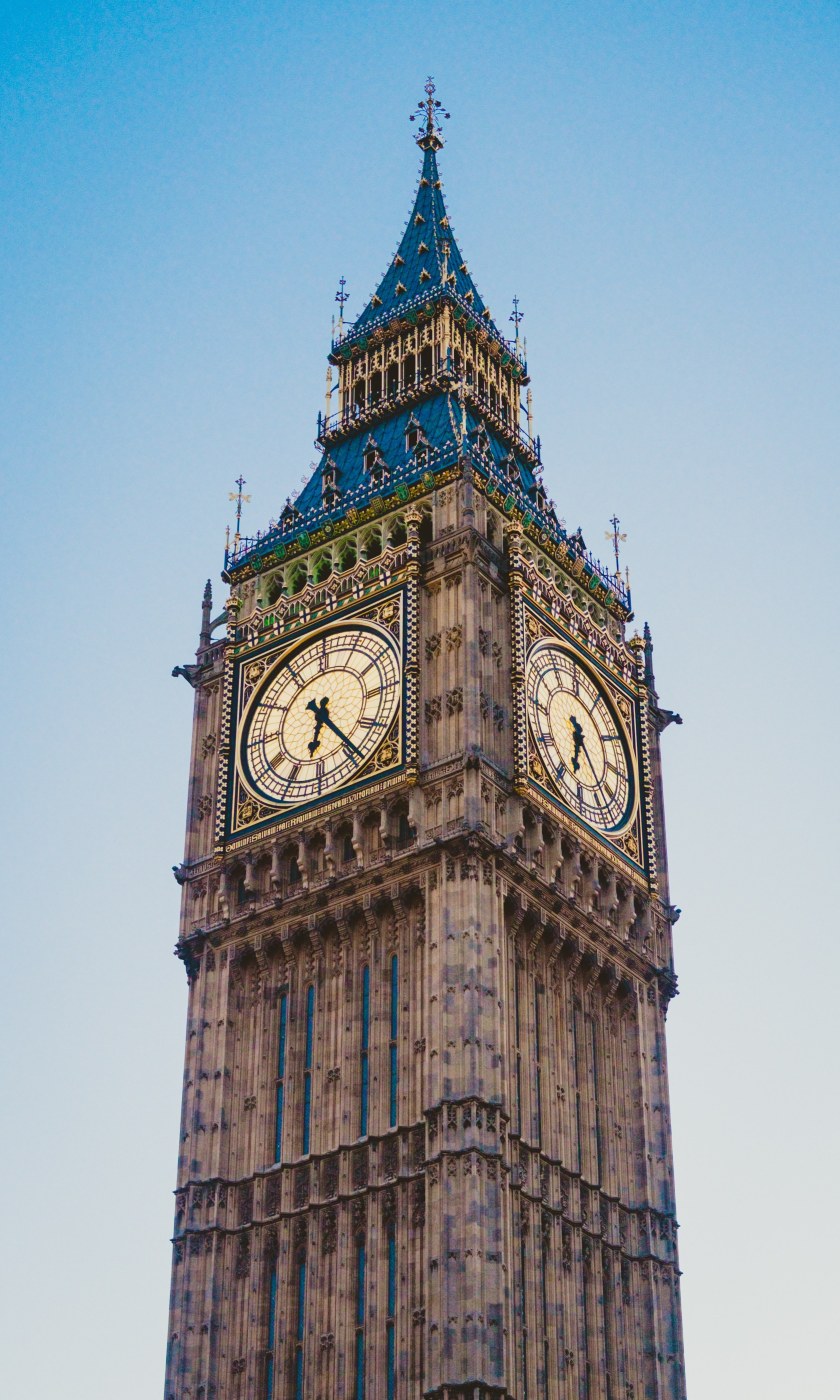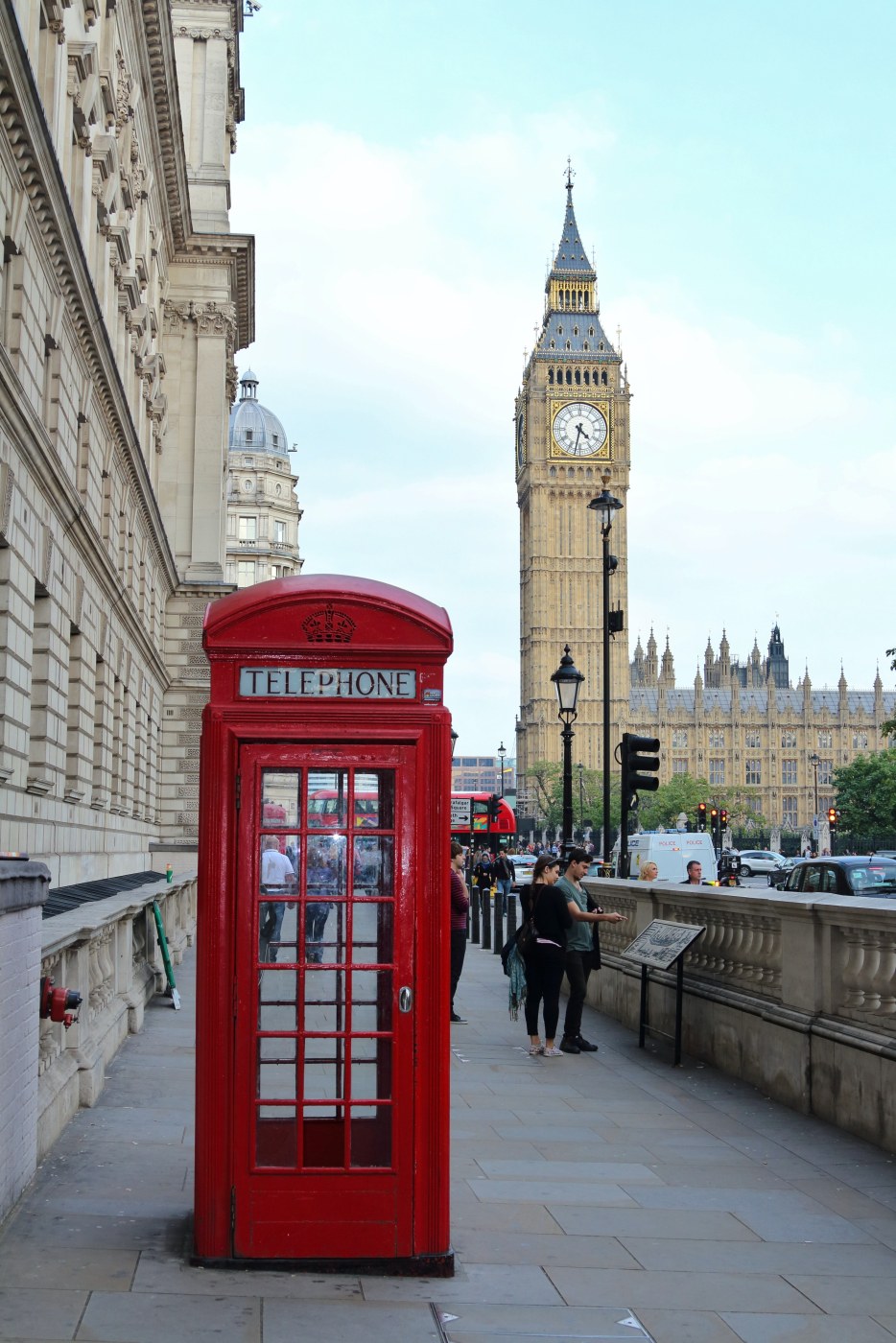
I’m Starting With the Man in the Mirror
Who should decide what counts as ‘extremism’?
Is it the Party that was until recently deputy-chaired by a man who believes Sadiq Khan is an Islamist? Or the Party whose biggest ever donor says that seeing Diane Abbott on the television makes him ‘want to hate all black women’? Is that the party that should decide what is extreme?

All political parties have cranks and weirdos amongst them. Some people might say that you have to be a little bit weird to join a political party in the first place - let alone to give that party £15 million of your actual money. How a party deals with its cranks and weirdos is what matters, not whether they crop up every now and then. Arguably the Conservative Party has shown - on multiple occasions - that it has a blind spot when it comes to racism.
It is not racist to dislike Sadiq Khan and to disapprove of his mayoralty. It is racist to claim that he has a hidden Islamist agenda - he is, after all, a Mayor who marches for gay pride and erects Chanukah lights in Trafalgar Square, neither an event much celebrated in Gaza.
It is not racist to dislike Diane Abbott and to disapprove of her political views. It is racist to infer from your dislike of Diane Abbott some broader contempt for everyone who shares her ethnicity. And it is disgusting and deplorable to say that she ‘should be shot’. This is a woman who has withstood decades of abuse and harassment and who blazed a trail for black and ethnic minority people in our politics. She’s earned some respect, she should not be dehumanised in this way.
But the Conservative Party didn’t want to lose ‘30p Lee’ and it doesn’t want to lose fifteen million pounds - is that why some in the Conservative Party are, in many people’s views, minimising and excusing this behaviour?
Until his defection to Reform, the narrative around Lee Anderson was that he had a way back into the Tory fold. For days, ministers on the media round performed excruciating linguistic limbos to avoid calling Anderson’s words what they were.
Similarly, Frank Hester’s remarks were described as ‘rude’, ‘unfortunate’ and ‘misguided’ until Kemi Badenoch pointed at the emperor, remarked that he had no clothes on and brought the embarrassing charade to a close. But even now, they won’t hand back the money or even commit to not accepting any more of it.
All this in the week that Michael Gove outlined a new definition of - and strategy for - extremism. Understandably disturbed by recent events, the Government wants to ensure that those who ‘hold extremist views’ are locked out of engaging with the State. But the Government is the Conservative Party, and the Conservative Party finds it very hard to police its own discourse with sound judgement, let alone the discourse of everyone else.
Anyone with even the remotest professional connection to higher education in this country will be forgiven for a sense of particular irritation here. For a decade the Conservative Party has professed itself to be deeply concerned about free speech on campus and opposed to the epidemic of no-platforming that they claim is happening at British universities. Now, that same Conservative Party has decided that it needs to be empowered to enforce no platform policies wherever it sees fit. It is a mess, and it is contradictory, and it is just yet another example of this Government’s astonishing ability to give with one hand, to take with the other, and to profess to see no inconsistency whatsoever in this manoeuvre.
Rishi Sunak has now ruled out a general election to coincide with the May local elections. That might give him time to fix some of what is broken in his party. That said, Rishi Sunak does not seem particularly capable of, or interested in, fixing any of it. So we wouldn’t hold our breath for a return to professionalism - expect more of the same, for what will feel like a very long time.